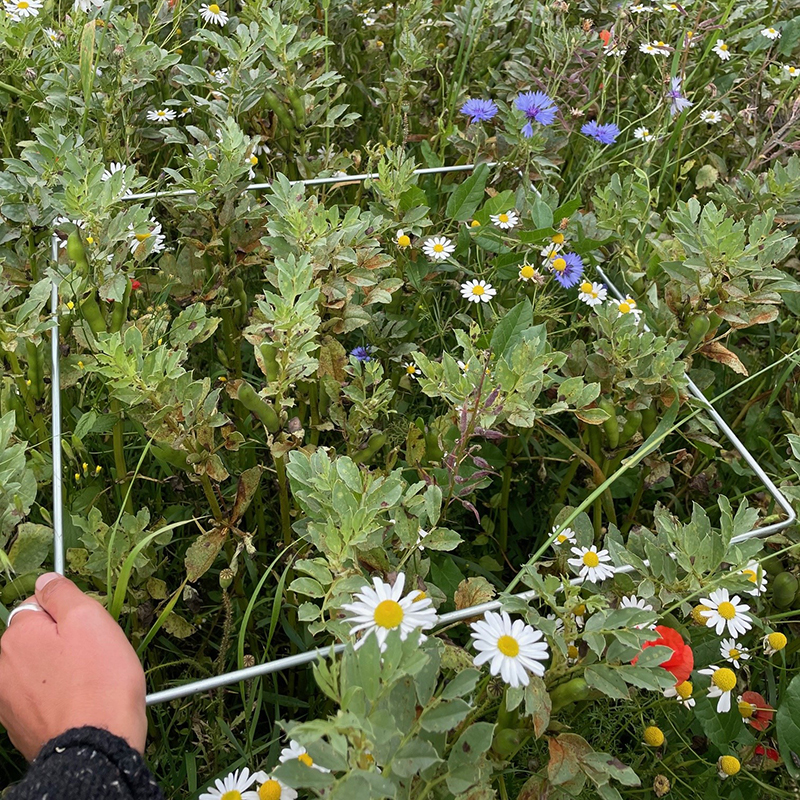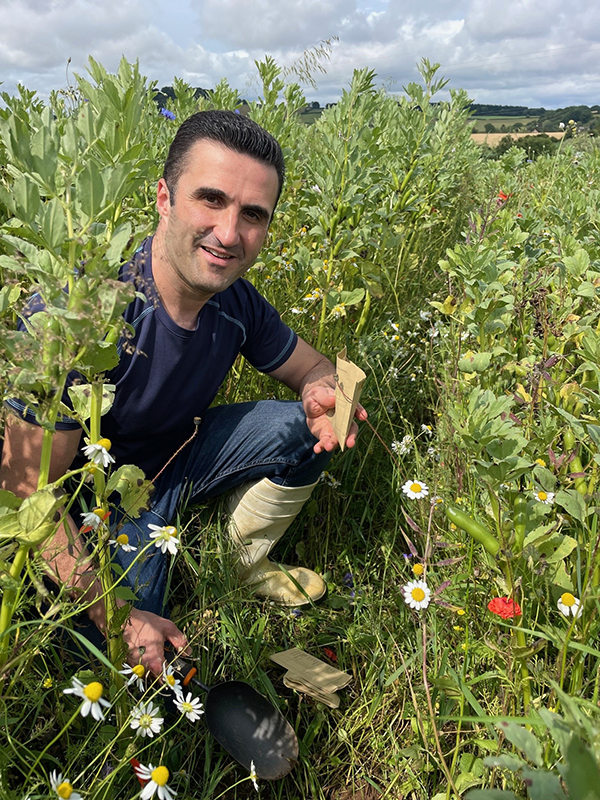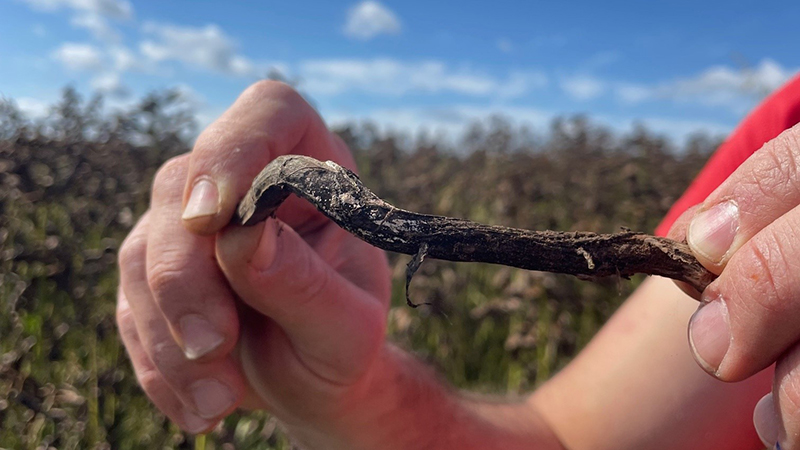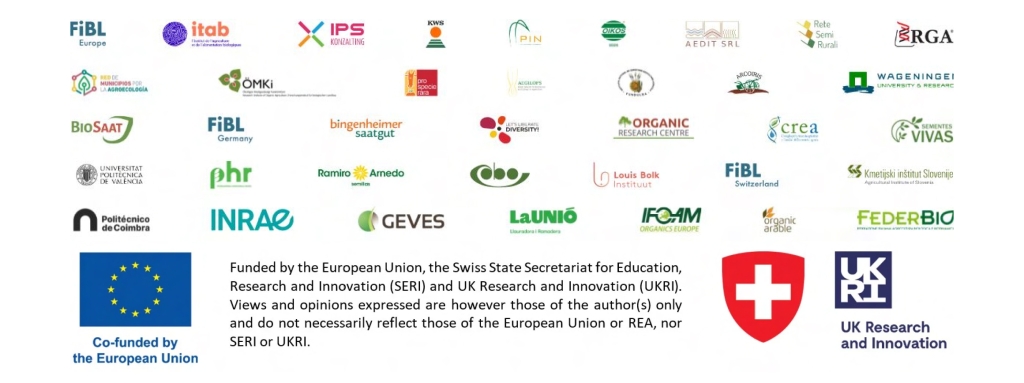Organic agriculture in Europe faces a significant challenge: the shortage of organic seeds, which are a legislative requirement to meet organic standards. Current legislation mandates the use of organic seeds in certified organic farming yet achieving 100% organic seed use within the next decade will require a sixfold increase in production. The LiveSeeding project is at the forefront of addressing this challenge, with partners from 16 countries across Europe working to boost the availability of high-quality organic seeds for a diverse range of crops, tailored specifically for organic farming systems.

Since 2017 in the UK, the Organic Research Centre and Organic Arable have been conducting trials on winter wheat varieties, building on the progress made during the Liveseed and LiveWheat projects. This year, the focus has also expanded to spring beans, with a plot trial underway to explore how different varieties perform under organic conditions. Last year’s strip trials of spring beans grown by a network of farms encountered several challenges and included crop failures. This highlighted the need for a more controlled approach in the early days of our research into spring bean variety performance in organic systems. To mitigate the impact of farm-to-farm variation, and have a greater degree of replication of varieties, a plot trial was deemed the best method to accurately determine any differences between varieties. Located at Pound Farm in Holme Lacy, Herefordshire, the spring bean plot trial was sown later than planned due to a wet winter. It features 7 different varieties and 3 blends of varieties, each replicated four times across the trial plots. Throughout the growing season, the trial has been monitored at four key growth stages, with a harvest assessment planned at the end.
Key traits assessed at the plot trial include:
The trial aims to develop a standardised protocol that will improve our ability to continue testing field bean cultivars across different farm environments. The data and observations gained is feeding into the development of a ‘LiveBean’ living lab which is exploring both agronomic challenges in the field and quality in the mill of organic field beans.
A significant agronomic challenge in bean cultivation is managing soil-borne diseases, particularly Fusarium foot rot. This disease, caused by Fusarium pathogens, is notorious for its ability to persist in soil for over a decade, becoming active when susceptible plants are present. Fusarium foot rot impairs water uptake by reducing root size and causing root blackening, which can lead to significant yield losses.
Basem Attar, a PhD student from Newcastle University, is conducting research on Fusarium foot rot. By performing DNA analysis, Basem is measuring the abundance and diversity of Fusarium in soils where field beans are grown. His research aims to detect the load of inoculum and compare the prevalence of Fusarium under different agricultural practices.

At the Holme Lacy spring bean plot trial, Basem collected soil samples from each of the 40 plots. Although no visible signs of Fusarium were detected, qPCR analysis may reveal which bean varieties are more susceptible to the disease. Additionally, Basem visited two winter bean fields, where symptoms of Fusarium were observed. Samples of the soil and affected bean roots from these fields, where beans had endured waterlogged and compacted soils over the winter, will provide further insight into the disease’s impact.

As well as varietal resistance to fusarium foot rot there are some cultural controls that can be implemented. This includes a long rotation to reduce the accumulation of pathogens in the soil, minimising soil compaction, which can decrease oxygen to the roots and limit root growth and better management of irrigation, plant spacing and soil moisture to prevent waterlogged soils.
Looking ahead: the challenges of organic bean production
The resources and materials available for field bean production are predominantly geared towards high-input, conventional farming systems. This plot trial represents an important step in understanding and overcoming the unique agronomic challenges associated with organic bean production. By evaluating the role of variety choice in improving organic bean performance and yields, especially given the limited selection of varieties currently available, the LiveSeeding project hopes to make meaningful progress in sustainable, organic agriculture across Europe. The collaboration with Basem adds significant value to the ongoing disease assessments within the spring bean plot trial. His expertise in Fusarium foot rot research enhances our understanding of this common issue, contributing to the overall aim of improving disease resistance and boosting the resilience of organic bean crops.

